Dispatches from the Polish-Ukrainian Border
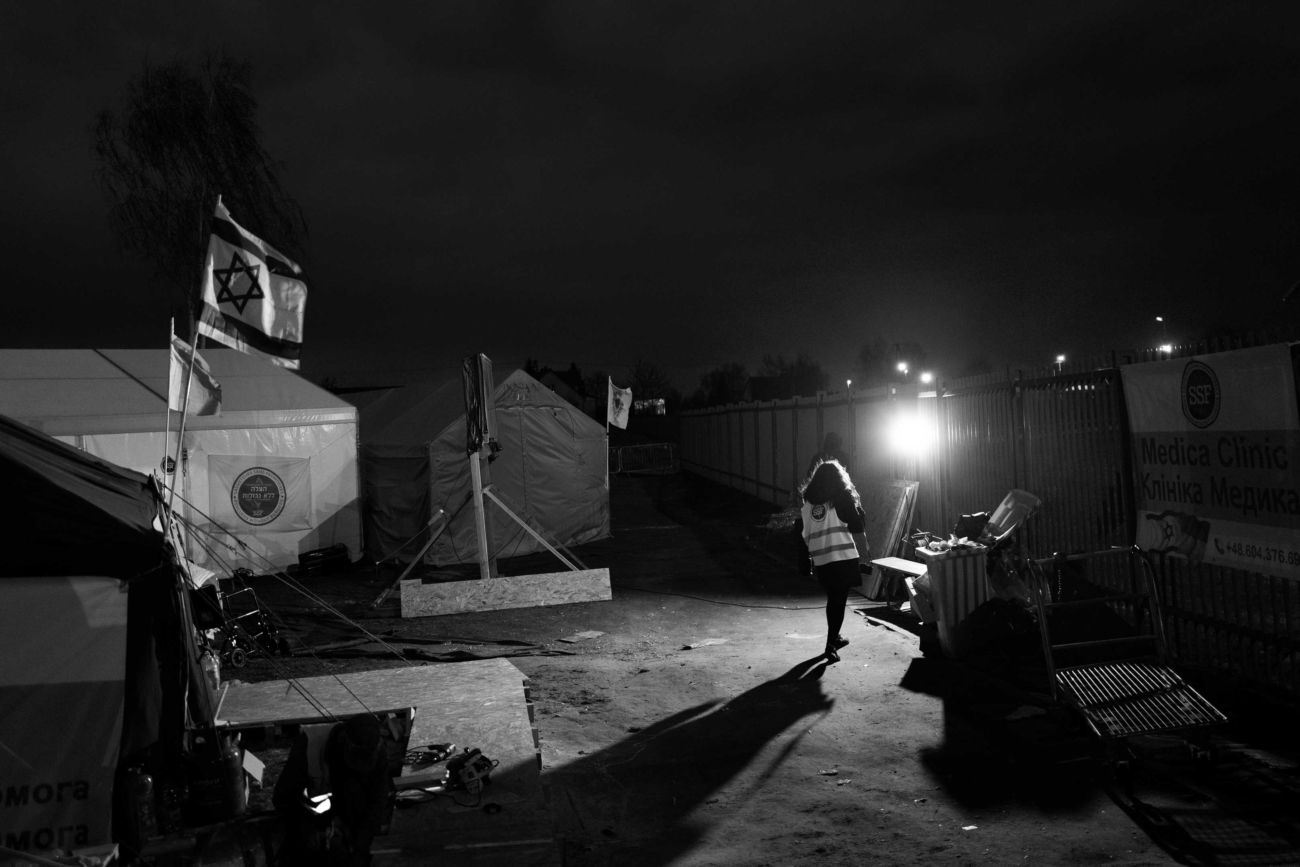
The dusk came quickly and it started to rain again. The chilly, damp air permeated through all my layers of clothing, sending a shiver down my spine. It was our last day at the border and we have just said our goodbyes. The orange vests we wore throughout the week were now neatly placed on the bench beside us, ready to be picked up by someone else tomorrow. We exited the tent, illuminated by the warm glow of a fireplace and into the cold, damp evening, cameras hanging from our sides. We did not want to miss any potential photo story on our way out.
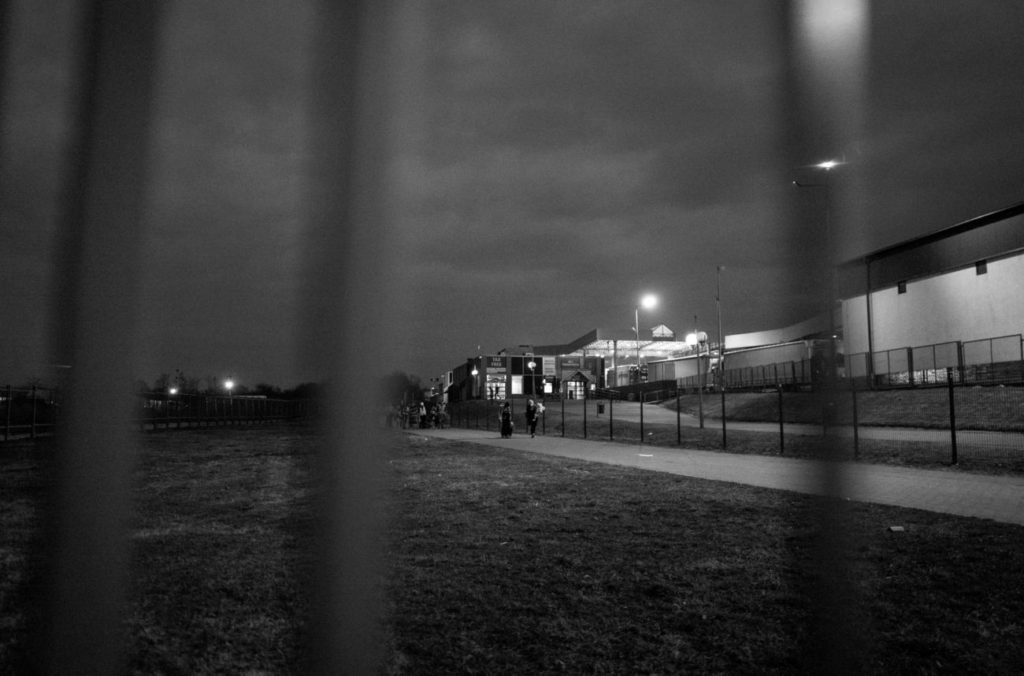
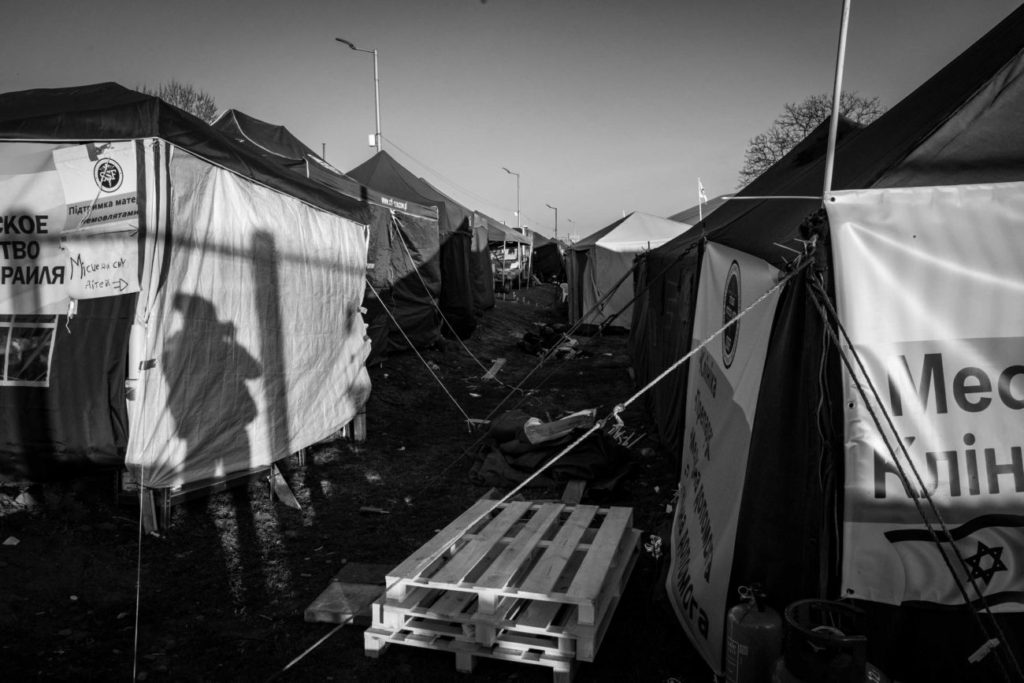
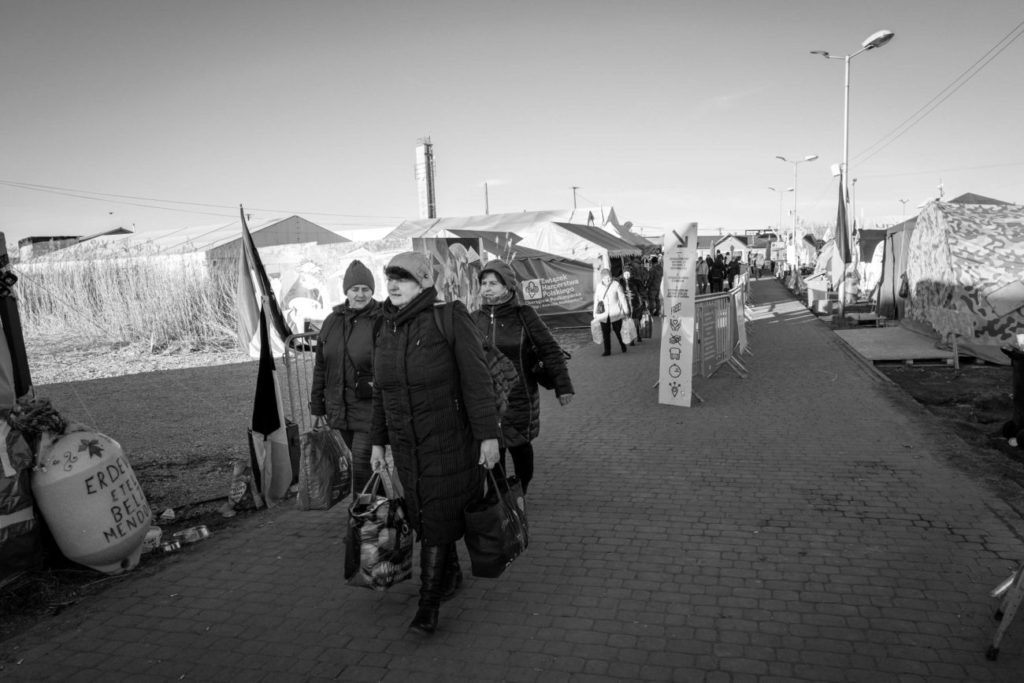
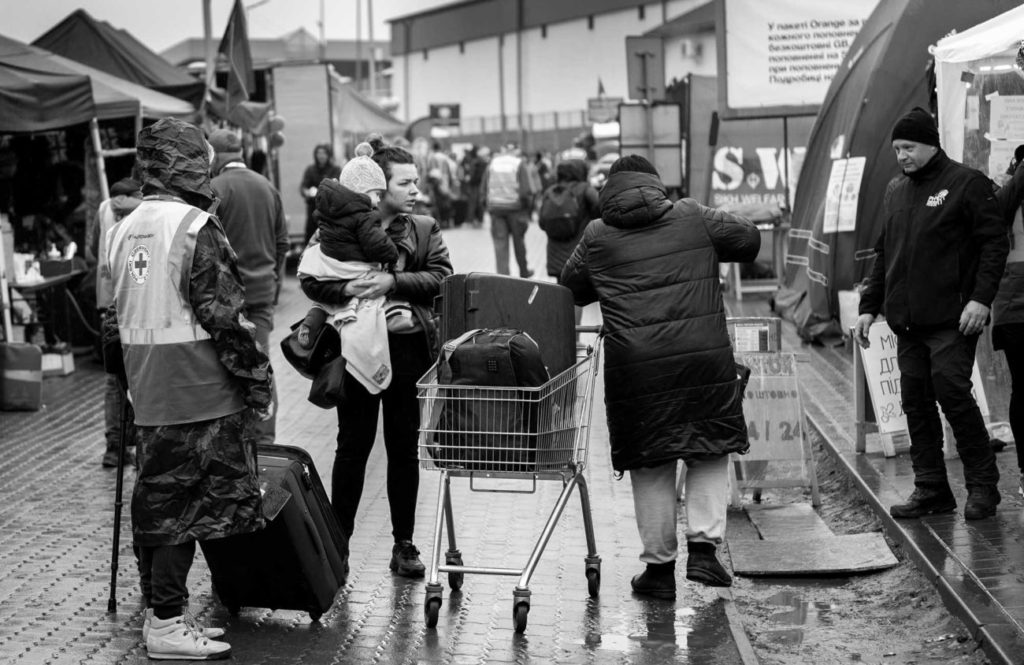
We stepped onto the wet ground and took the same walk we have been taking this entire week – past all the volunteer tents set up to welcome and aid the refugees, past the hot food stalls and the vet clinic. We waved good bye to the familiar faces we’ve befriended over the past few days. At the very end of the path, we came to the bus stop. We had passed it multiple times daily before and watched groups of refugees climb its steps inside. Today, someone had set up a temporary awning to protect those waiting in the rain. Just a couple of hours earlier, the awning was not there. I was pleasantly surprised at how quickly it must have been set up in response to the changing weather conditions.
We were almost out of the camp and past the makeshift bus stop when something made me glance back briefly. As I turned my head, my eyes met someone else’s waiting at the top. It took me a minute to recognize the familiar face. It was a young woman whom we had treated earlier at the tent. She was barely eighteen though appearing much older, with dark hair and stark green eyes. She was bundled up from the cold and waiting for the next bus to arrive. I couldn’t help but ponder, where would it take her? At this point, I knew the options were limited. Having gotten familiar with the situation over the past seven days, I realized that she’d likely be taken to the large refugee center in Przemysl, a converted shopping mall now occupied by more than five thousand people. And from there, what next? Her future was extremely uncertain. Perhaps she had a family living somewhere in Europe and would get to meet them eventually, after a few more days of travel. Perhaps she had no one and would have to spend some time at the center, with hundreds of others who had been forced to flee their homes. I didn’t know and perhaps she didn’t either. But one thing was certain: I had a home to go back to. She did not.
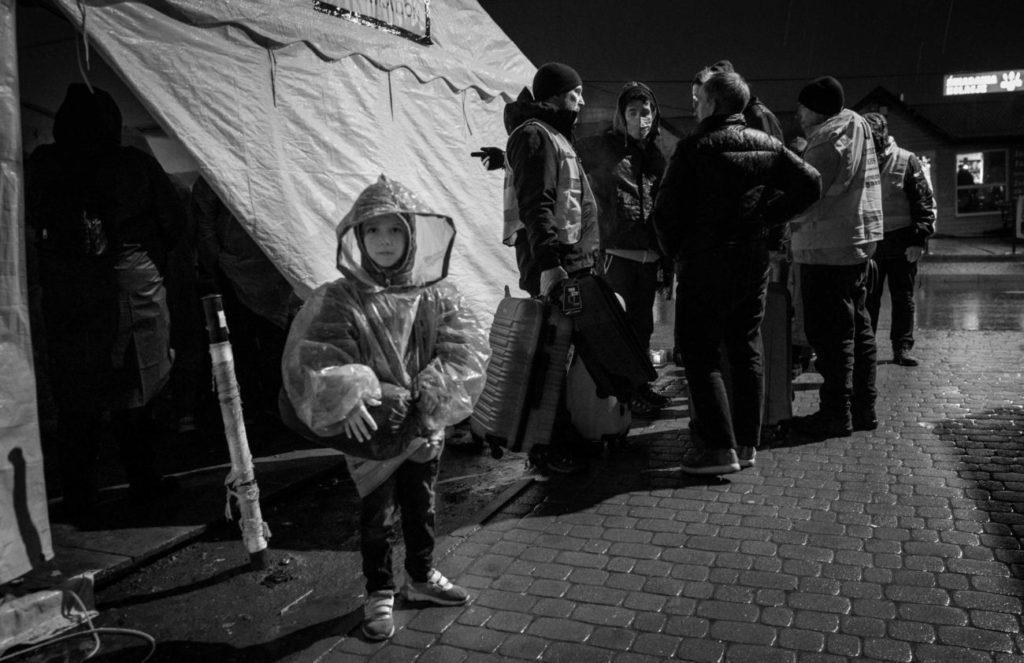
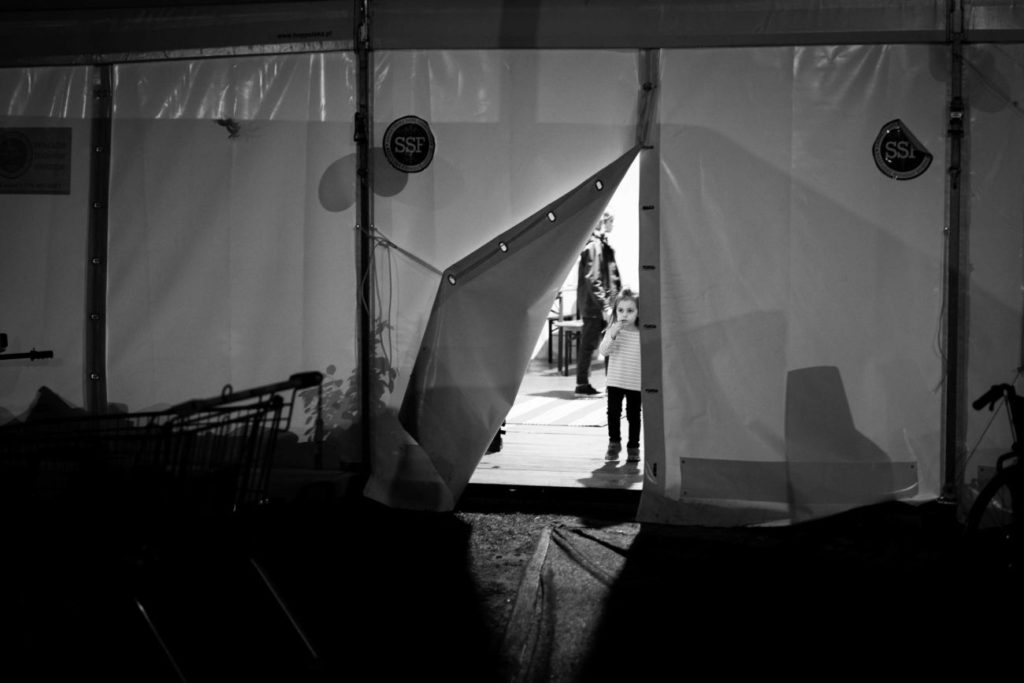
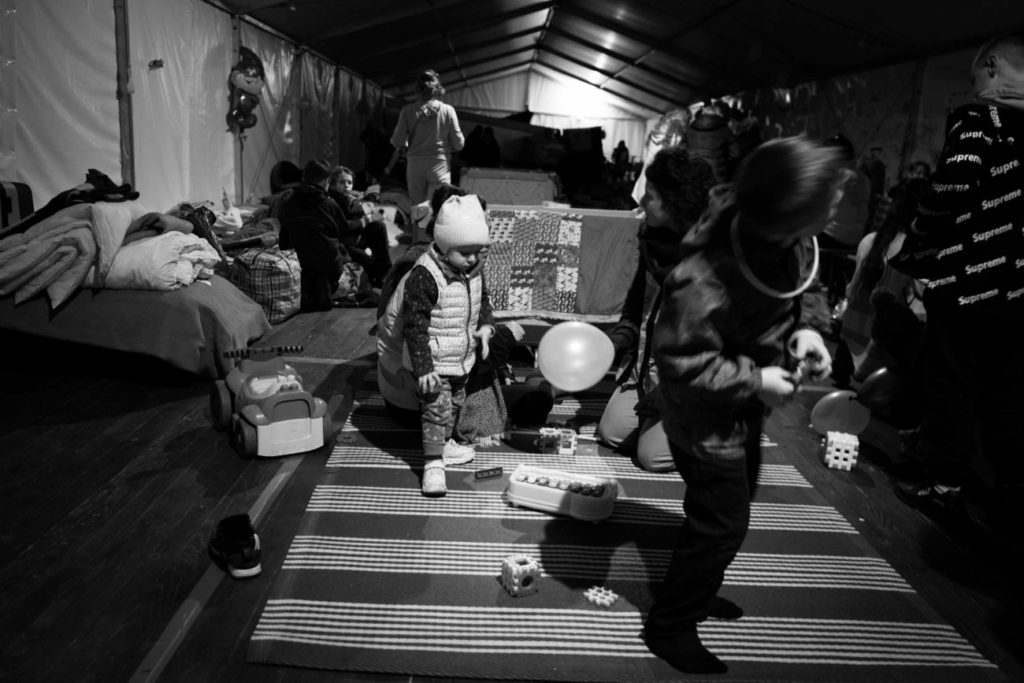
As our eyes met, she smiled faintly at me. I had an urge to point my camera and take a photograph – I believe she would have happily obliged. But I stopped myself. I could not get myself to do it. I desperately wanted her to know that I cared deeply about her and about her suffering. That it wasn’t just about the photograph and I worried about sending the wrong message. It was precisely a situation like hers that had brought me here, to Medyka, in the first place. Now, after a week that went by too quickly, my time volunteering was over. I was going back home. And she, like thousands of others affected by this war were stuck in the uncertain state, displaced from their homes and faraway from everything they had known their entire lives. As we drove away from the camp, my heart ached. And I questioned whether anything I had done this past week made any positive difference to those in my presence.
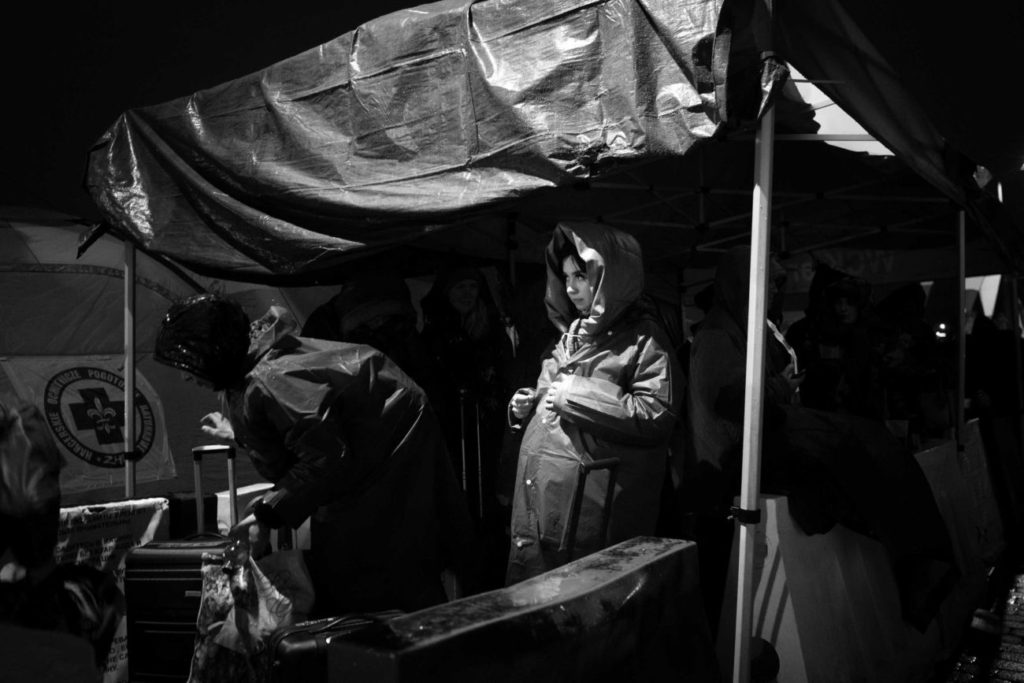
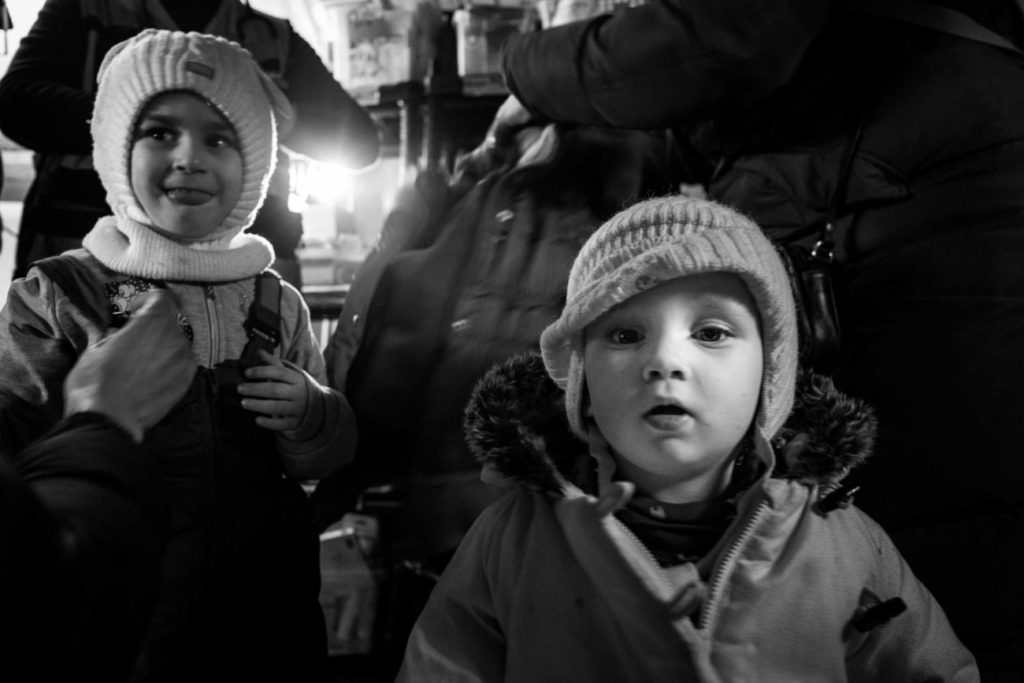
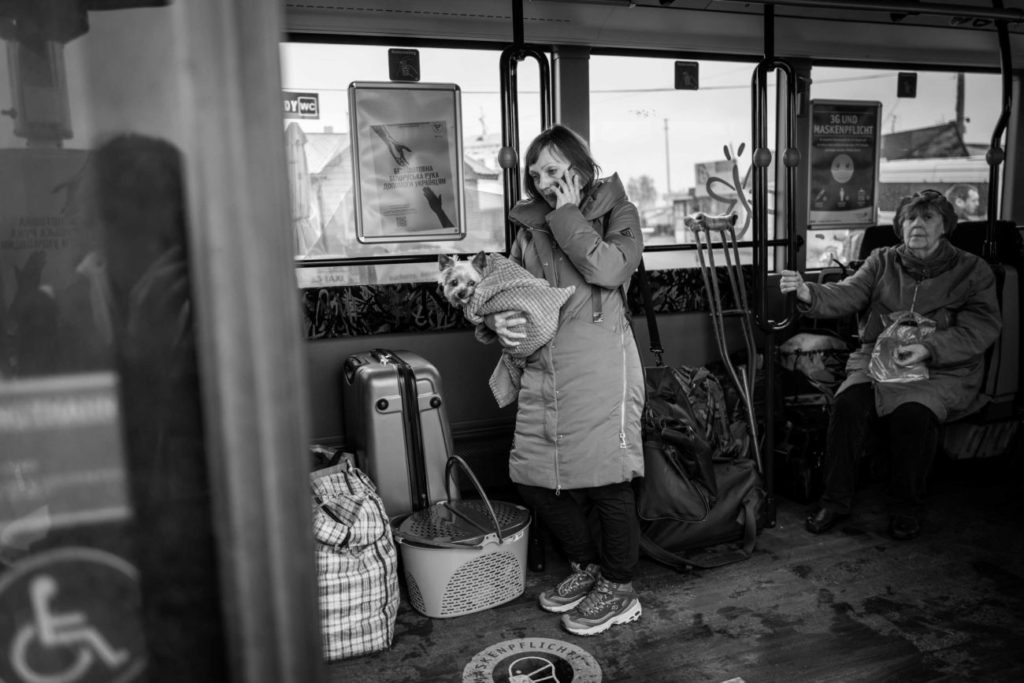
The choice to come to Medyka at the Polish-Ukrainian border was a spontaneous one. I had plans to spend three weeks in Madrid taking dance classes at one of the studios I have been following on social media for the past several months. But as the war broke out in Ukraine, I became restless and anxious watching the situation unfold. I was also learning about the various ways the Polish nation had stepped up to help those fleeing Ukraine, including members of my own family, and so I decided to get involved as well. In a way, having the time off for a trip to Madrid made it much easier to make this happen – I could just hop on the plane and be in Poland in less than four hours. My friend Sonia, a Ukrainian whose family emigrated to the USA many years ago decided to join me on this trip as well. We arranged to stay with my family members who live relatively close to the border, driving daily each way for an hour to get to Medyka.
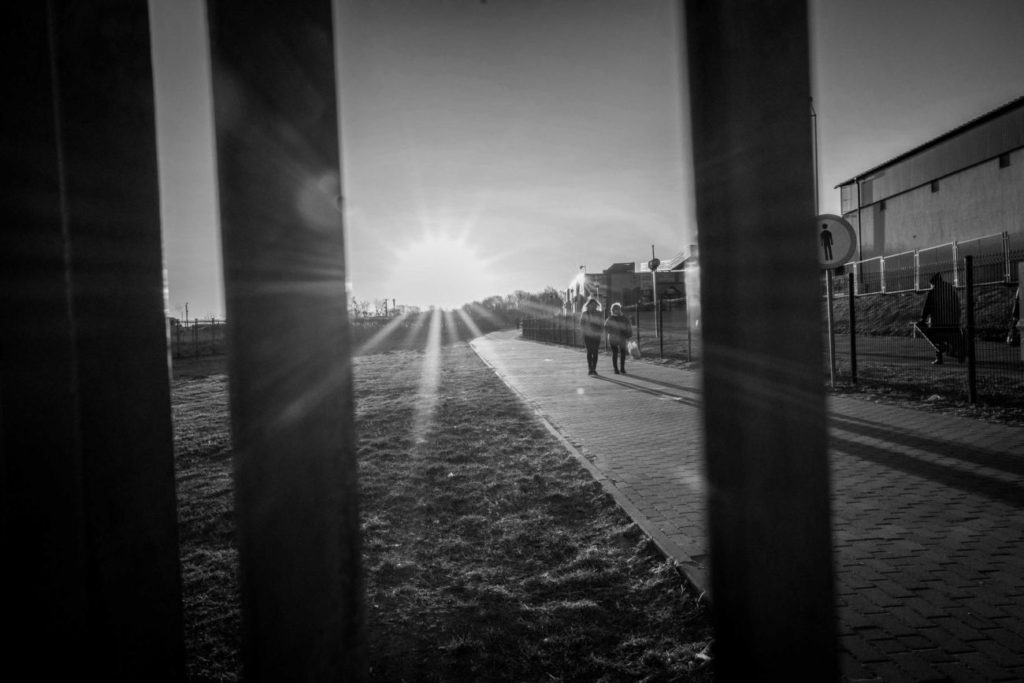
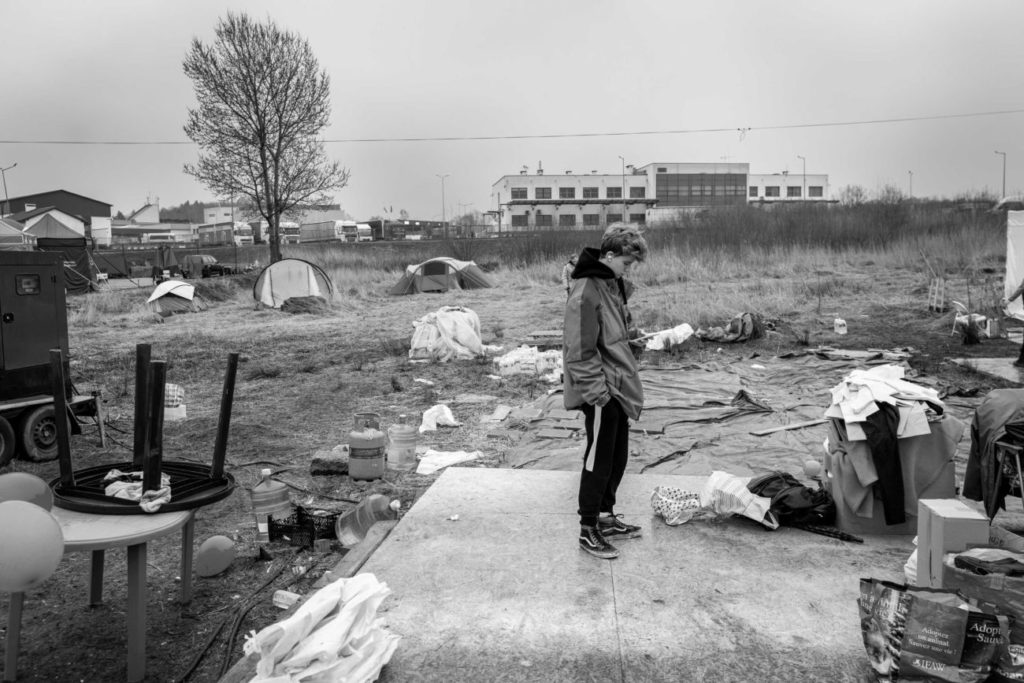
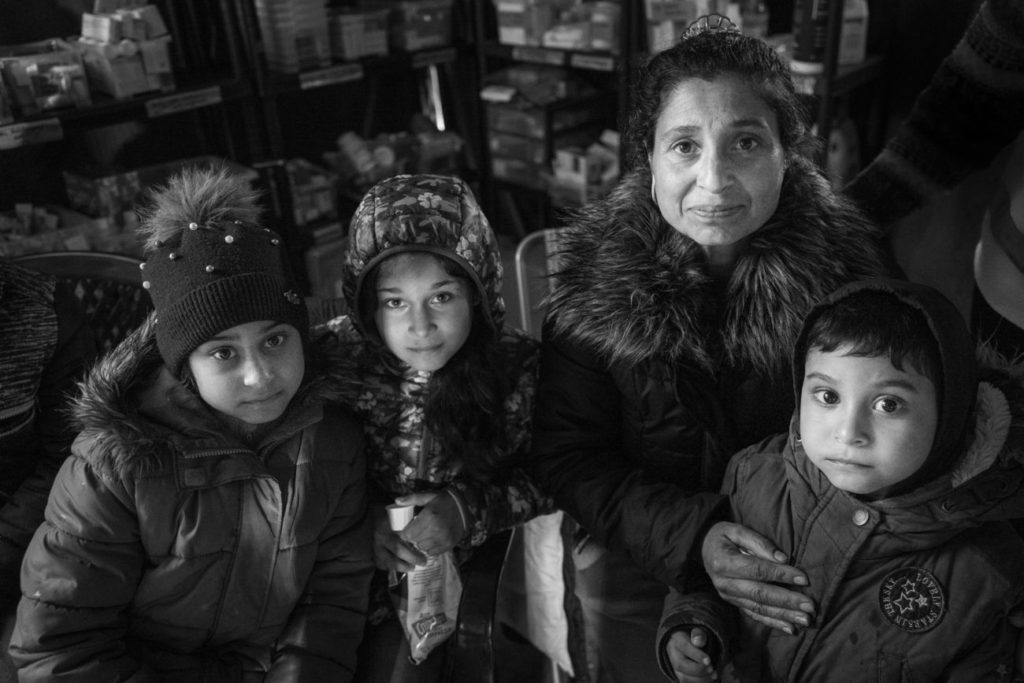
My role as a volunteer involved staffing the medical tent which was located directly across from the actual border crossing itself. Standing just outside of it, you could watch small groups of people walk down the long path shortly after their passports had been examined. All day we heard the familiar sound of suitcase wheels rolling against the concrete ground. Our tent was the first to be seen on the Polish side of the crossing. If any of the refugees were in need of medical help, we’d be the first to provide it. Many had stopped requesting evaluation or specific medications. While most cases were not severe enough to require hospitalization, the option to call an ambulance was available to us. The biggest ailment proved to be psychological trauma, one that will certainly be the most difficult to treat and one that will remain a challenge for years to come. Sonia, speaking fluent Russian, was able to communicate with most refugees on a deeper level. She worked as a translator at the tent and took the time to talk to everyone who reached out to her. I tagged along her side at times, taking photographs and listening to people’s stories when they were willing to share them.
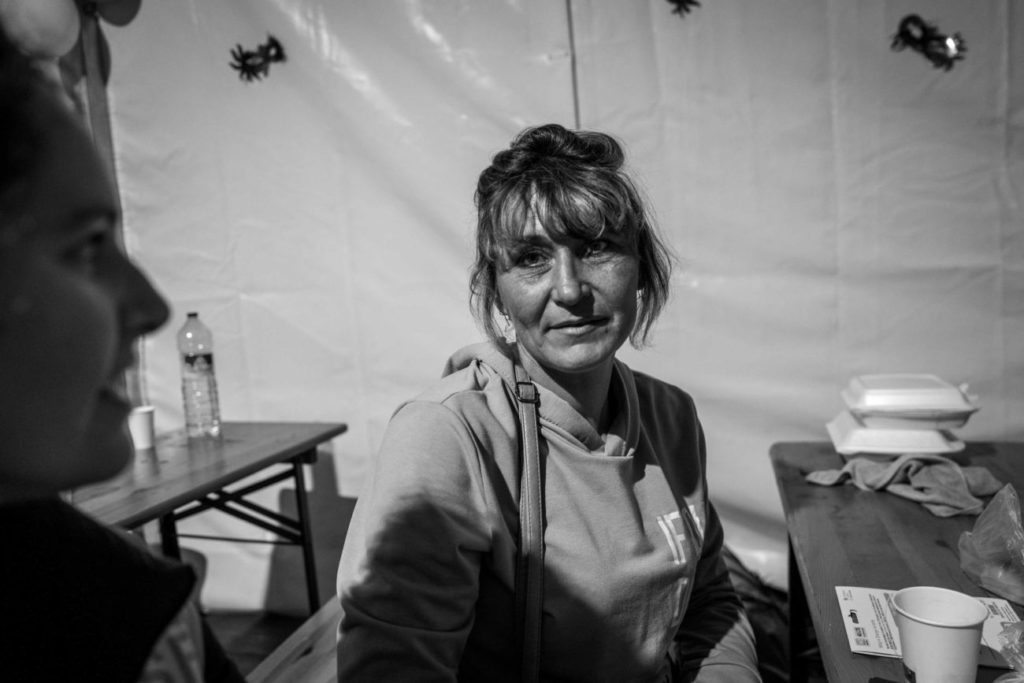
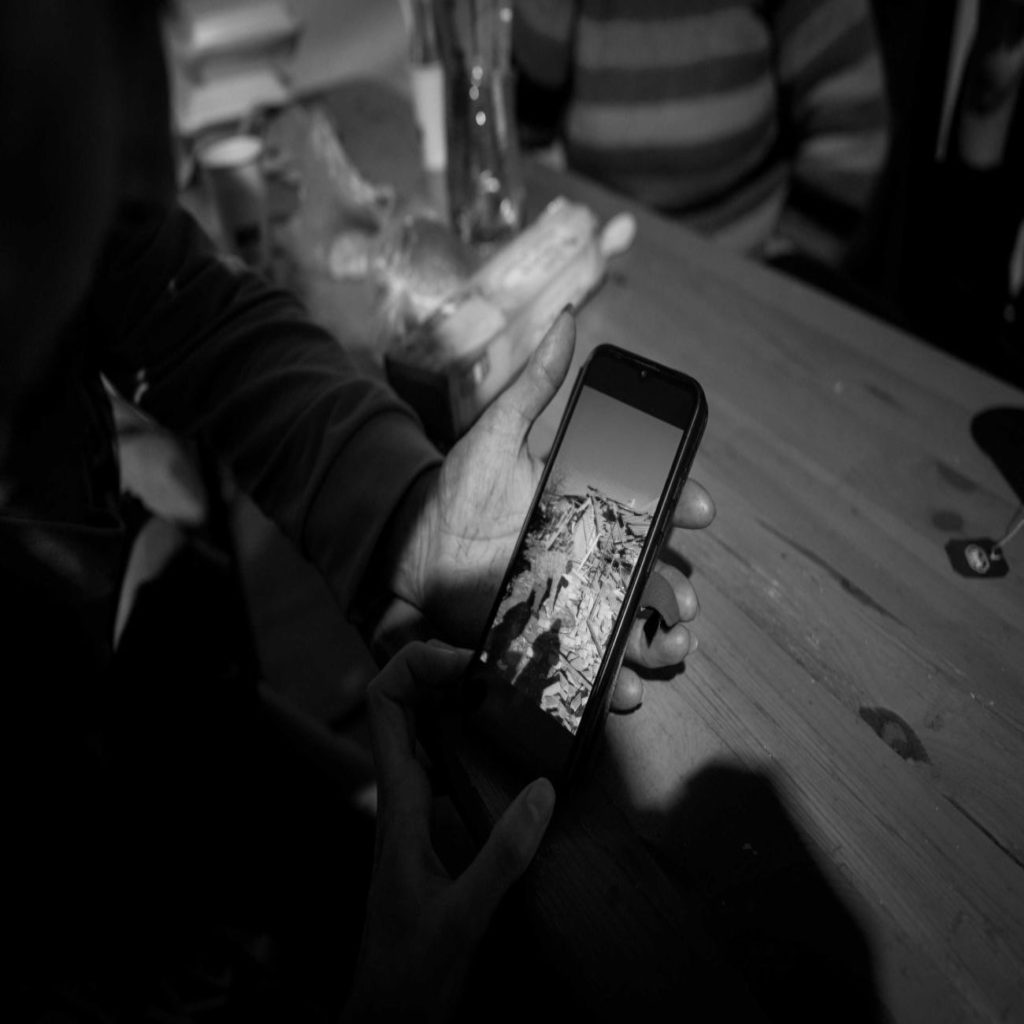
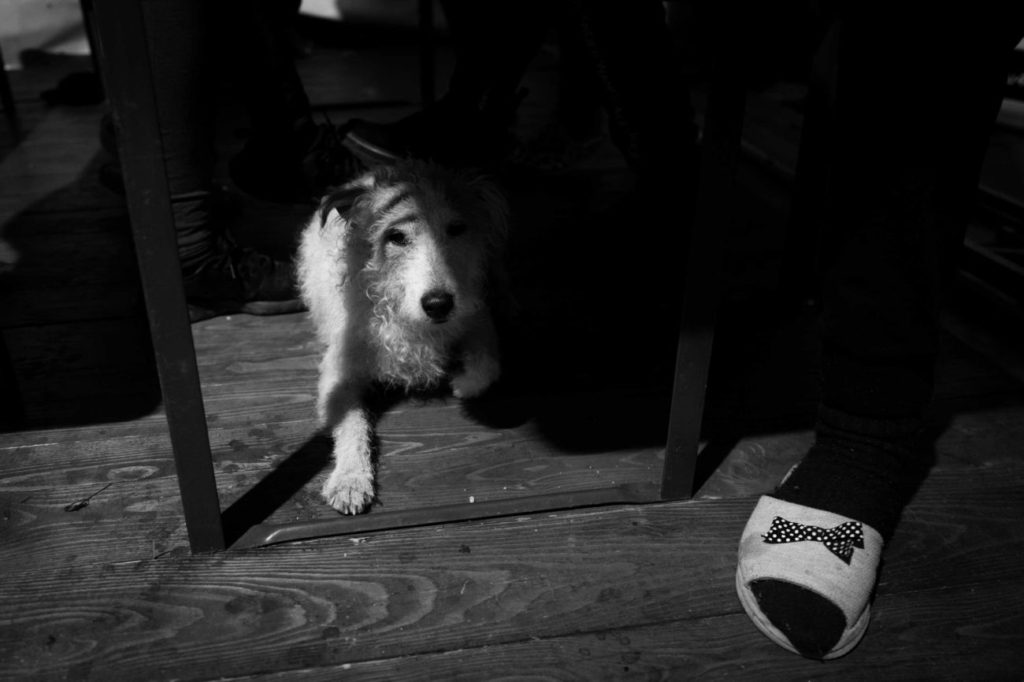
As I write this, the war is far from over. There are new groups of refugees getting ready to cross into Poland, as Russia is planning its ongoing offensive in eastern Ukraine. Sonia is getting ready to go back to Medyka and I’m getting ready to leave Madrid. I will not be able to join her this time as I have to go back to work in the ER. Either way, the war remains deeply etched in my mind. Perhaps I’ll get to help somehow again, but for now, I’m sharing the images of the people who kindly agreed to be photographed and wanted the world to know their story. And I ask all of you reading this, please don’t forget Ukraine. She needs all the support we can give her right now.
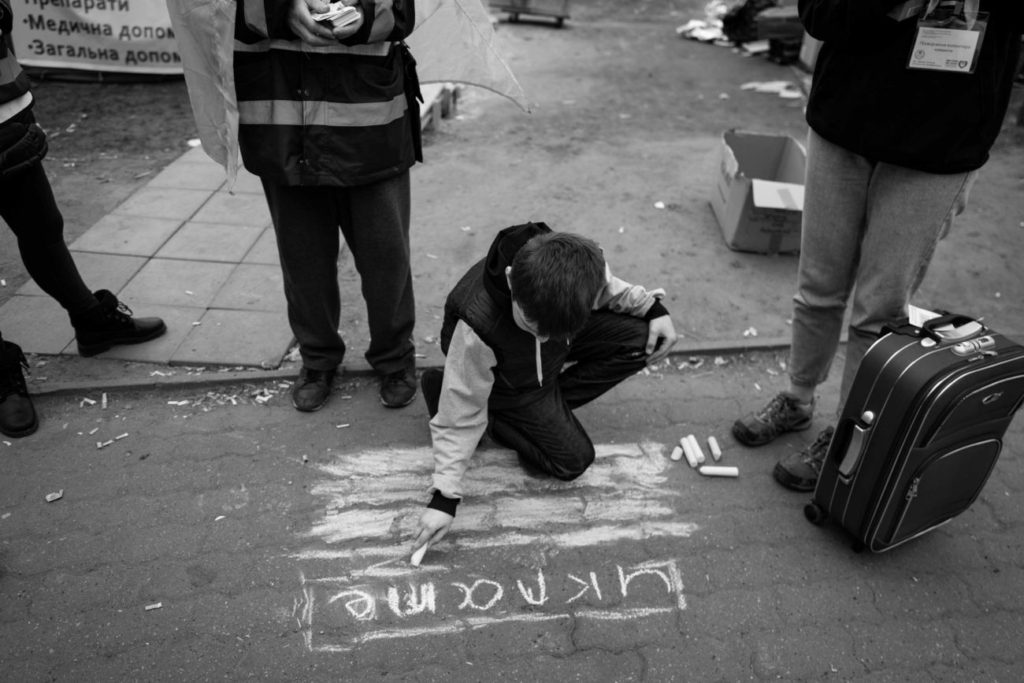
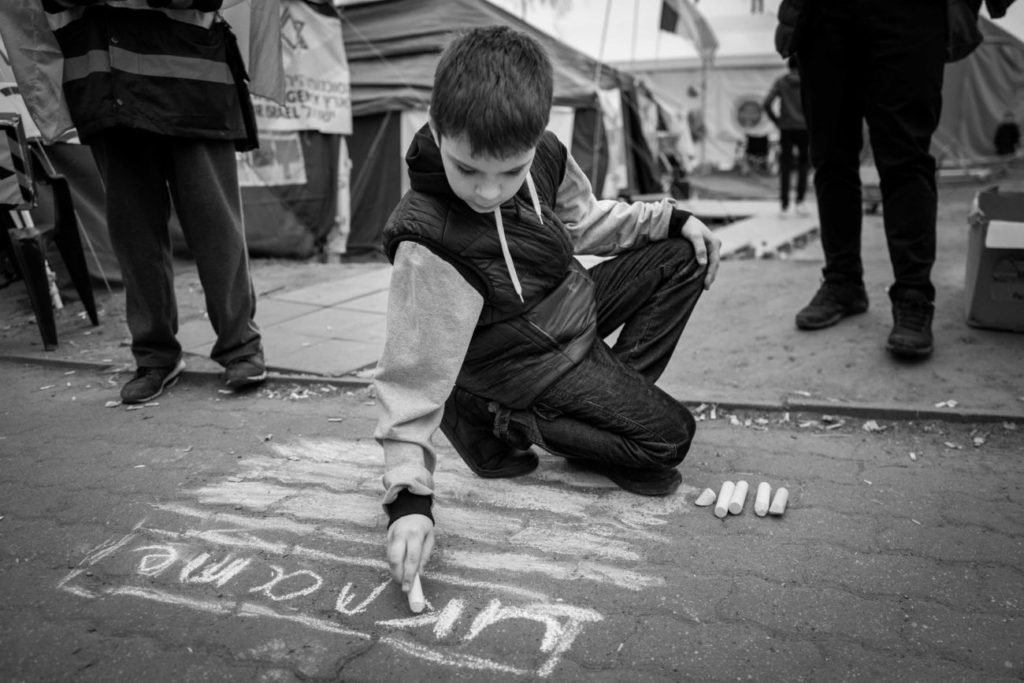
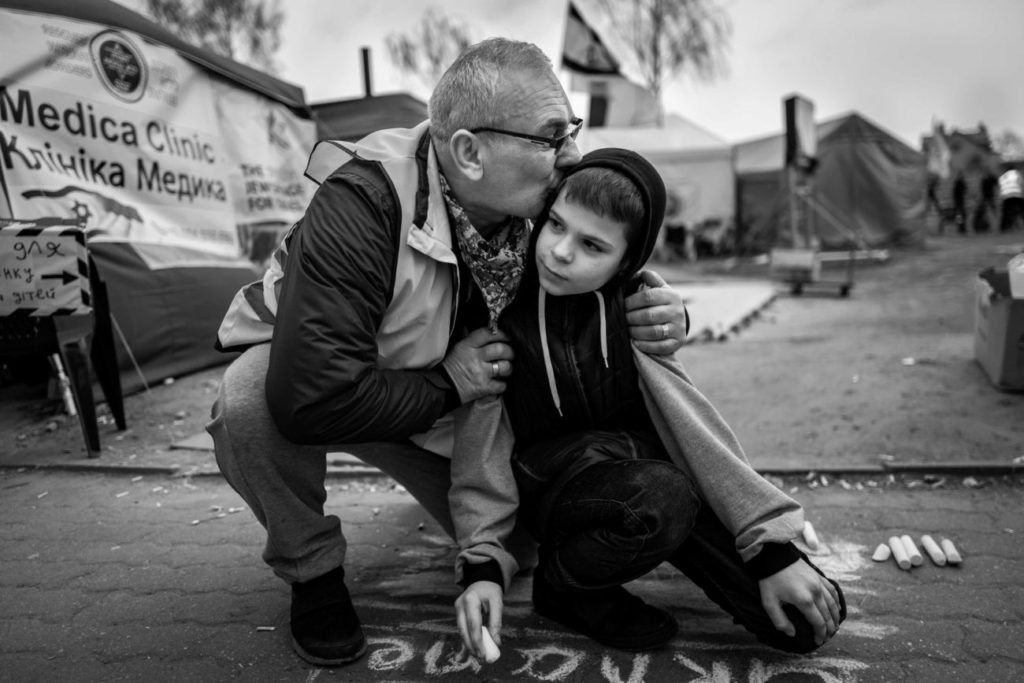
Related Posts
Photographer Spotlight: Mauro De Bettio
Have you ever felt as if you’ve gotten to know someone based on…
January 30, 2022Must Visit Places on your Northern California Photo Itinerary
Every few months, my friend Sonia and I become very restless and decide to take…
November 21, 2021


Leave A Comment